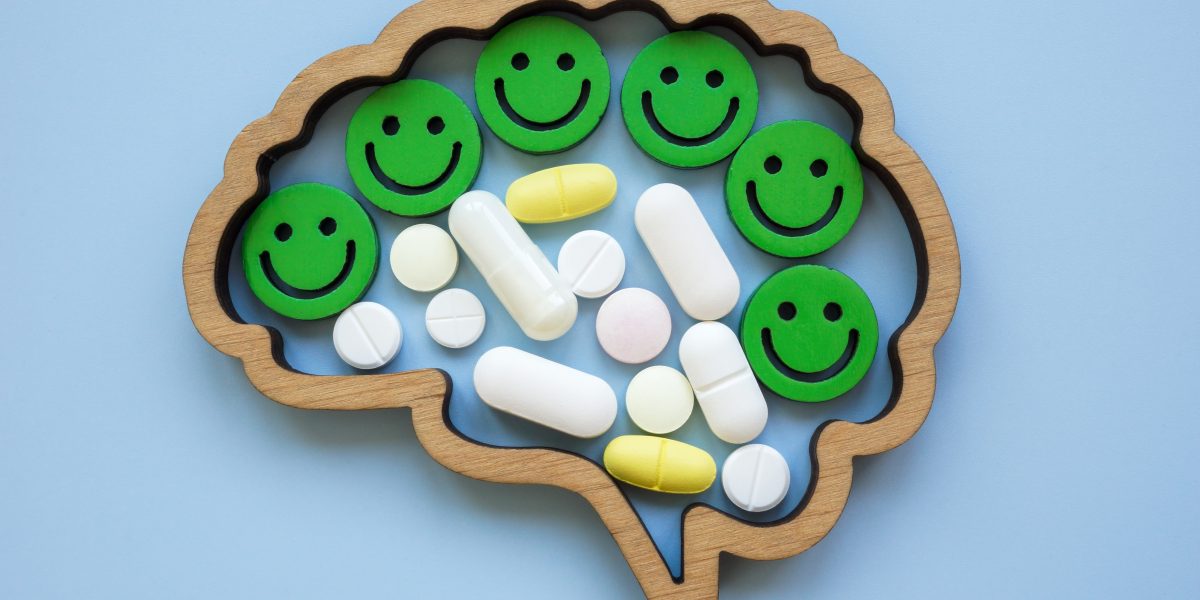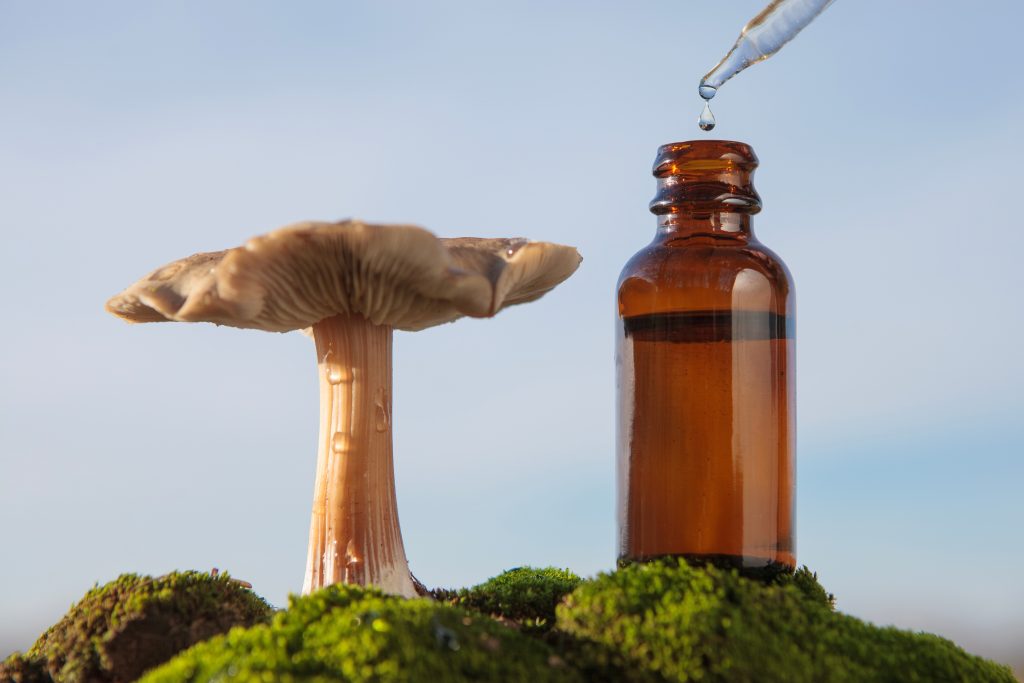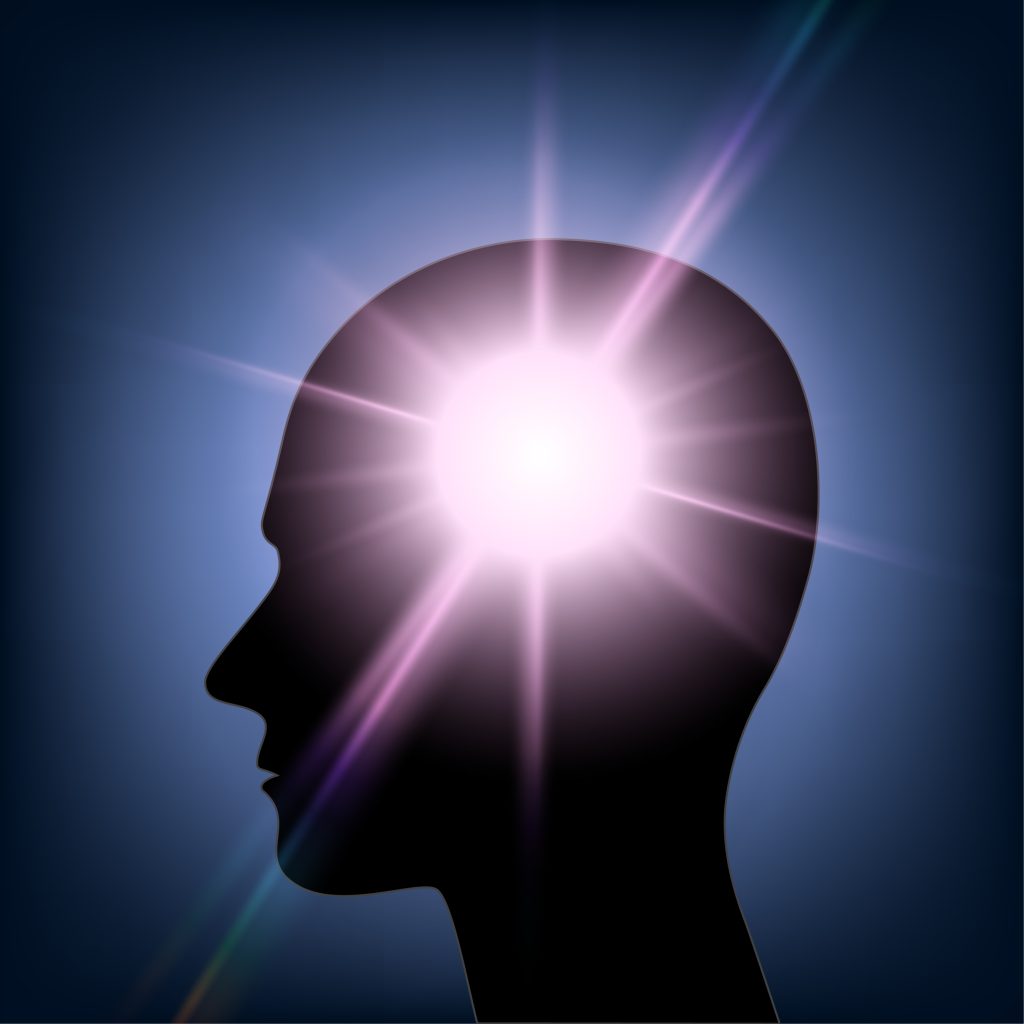
in this article
- How Science is Used to Feed Stigmatising Narratives
- Recognising Negative Views of Antidepressants and Their Relation to Psychedelics
- The Need for Less Judgement
Are you 18 or older?
Please confirm that your are 18 years of age or older.
You are not allowed to access the page.

Disclaimer: The views and opinions expressed in this article are those of the authors and do not necessarily reflect the official policy or position of the Chemical Collective or any associated parties.
On his site Ecstatic Integration, the writer Jules Evans published a post titled ‘Are you a psychedelic cultist?’ It features a ‘Psychedelic Cultism Questionnaire’ to help readers assess how ‘culty’ they are when it comes to psychedelics. It consists of eight statements – all in the vein of a rosy, utopian, ‘no bad vibes allowed’ type of attitude. By adding up your scores of how much you agree with each statement on a scale from 1–5, with 5 being your strongest level of agreement, you can find out how to what extent you’re on Team Psychedelic.
While not explicitly stated in the piece, I think an additional statement of the psychedelic cultist variety is ‘non-psychedelic medications for mental health are inferior’, or something similar like ‘psychedelics are better than antidepressants’ or ‘psychedelics, unlike antidepressants, offer true healing’.

However, some statements in Evan’s piece could include these stigmatising attitudes against antidepressants. ‘Psychedelic substances are ‘medicine’ could be varied in the following way: psychedelics are the only true or the best psychological medicine. The statement ‘Humanity can be cleanly divided into the psychedelically initiated and the psychedelically uninitiated’ could also be used to look down on those who use antidepressants instead of psychedelics. Other statements could also be used to pass judgement on those who don’t use psychedelics to better themselves: ‘Psychedelics have played and will play a crucial role in the spiritual evolution of humanity’ and ‘Psychedelics will help humans wake up and achieve a higher level of consciousness, when all or at least some of humanity will be closer to my lofty level’.
The stigma against antidepressants is widespread and societal; it is not exclusive to the psychedelic community. But the way it manifests in this community is unique, as it is filtered through a pro-psychedelics lens. There are many reasons why this common attitude in psychedelic circles is troubling. The valid benefits of psychedelics (for many) and disadvantages of antidepressants (for many) are used to promote black-and-white thinking when it comes to using substances to improve mental health. As well as fostering a culture of self-judgement and judgement towards others – which hardly promotes ‘spiritual evolution’ or ‘a higher level of consciousness’ – it may get in the way of oneself or others choosing a treatment option that could genuinely be helpful.
Because of the promising research on the therapeutic use of psychedelics, and increased awareness of the risks of antidepressants and issues in research on antidepressants, it is understandable to view using psychedelics to improve mental health as the safer and more effective option. However, this can morph into a form of anti-antidepressant stigma: in the psychedelic community, this involves rejecting the antidepressant option as the ‘less informed’, ‘less intelligent’, ‘less awakened’, or ‘less wise’ option.
Patients enrolled in a psilocybin therapy for depression trial reported that antidepressants led them to a feeling of disconnection and avoidance (of emotions), whereas psilocybin produced the opposite feelings: greater connectedness and acceptance (of emotions). Indeed, researchers have found that psychedelics help depressed patients reconnect with their emotions, which is seen as the (often) opposite effect of antidepressants – a general blunting or numbing effect, leading patients to feel emotionally dull and no longer finding things as pleasurable as they used to. Additional research has found that the mental health benefits of psychedelics are strongly linked to emotional breakthroughs.
People may see this kind of research and use it to form, justify, or bolster the view that using antidepressants is the less ‘brave’ choice. It is seen as an intention to avoid facing difficult emotions, or the root cause of one’s mental distress, and instead opting for the ‘easy, surface-level’ solution. This is a general anti-antidepressant attitude that exists in society – also born out of valid concerns about antidepressants, which turns into judgement against others – but in the psychedelic community, this attitude involves the defence of psychedelics as the superior option.
This is not to say that the science itself is promoting or encouraging such stigmatising views. The problem is a pre-existing stigma that people feed with science (which they see as supporting their judgement of others’ decisions). Nevertheless, there is also a problem of confirmation bias in antidepressant stigma in the psychedelic community: this involves denying or downplaying the harms of psychedelics, exaggerating or hyping their benefits, ignoring the evidence on the efficacy of antidepressants, and overstating or overgeneralising the harms of antidepressants.

Regarding emotional catharsis driving the benefits of psychedelics, for instance, the psychiatrist Andrew Penn argues in a piece for Psychology Today that the show Nine Perfect Strangers misleads the public about the need for emotional breakthroughs or catharsis in psychedelic therapy. This fits in with the more general Hollywood picture of healing in therapy only occurring when the client reaches a state of emotional breakthrough or catharsis (Good Will Hunting is one film that comes to mind here).
A lack of nuance when researching the benefit/risk profile of psychedelics versus antidepressants can strengthen stigma against the latter. However, if one were to acknowledge the psychological risks involved in taking psychedelics (especially for certain vulnerable individuals) – not seen in antidepressant use – this stigma would be weakened. (The point here is not that we should reduce antidepressant stigma by being more afraid of psychedelics than antidepressants; instead, it’s important to recognise that their different benefit/risk profiles means they work differently for different people, and so it doesn’t make sense to make blanket judgements about one being ‘better’ than the other.)
I have been curious for a while now as to whether antidepressants would improve my mental health in a consistent way. I’m aware that there can be side effects and risks such as emotional blunting and withdrawal, but I also know these effects aren’t guaranteed and that even if they do occur, they may be reduced or avoided by changing the medication or dose. Still, I’m somewhat resistant to trying this option. It’s partly out of concern about side effects and risks but also because of a belief that I would get deeper healing through psychedelic therapy or a psychedelic retreat. These are not legally or financially viable options for me currently, yet I still recognise this underlying feeling that a profound, cathartic psychedelic journey – or a similar altered state – is what I need, rather than the less emotionally intense option of daily antidepressant use.
I do believe that this attitude is partly driven by internalised stigma against antidepressants and the promise of psychedelics (despite the fact that I’m more disillusioned by psychedelics and more aware of their risks than I used to be). When you read so many glowing accounts of rapid and long-term cessation of mental distress following a big psychedelic journey, I think it’s easy to fall into thinking that one’s mental health should look the same. There is a particular allure to the ‘Hero’s Journey’ narrative involved in these stories of psychedelic healing: it is often a more tantalising narrative than the story of healing through antidepressant medication.
Giving too much power to people’s trip reports – or the stories one tells oneself about psychedelics and antidepressants – can get in the way of healing. If psychedelics have offered you no major therapeutic benefits, limited benefits, only short-term benefits, or they’ve harmed you in some way – and you avoid antidepressants because of stigma against them – then you may miss out on a potentially helpful option.

Of course, trying one or more antidepressants may not be helpful. It may also lead to side effects that aren’t worth the benefits that you do experience. However, many people do find that taking antidepressants provides unparalleled well-being and functioning in life, even after having tried psychedelics. Some may find this medication to be life-saving. This is why it’s important to be more flexible and open-minded with respect to antidepressant use; for many people, it’s a decision to feel glad about.
Taking antidepressants is not a decision one should feel ashamed or embarrassed about. But in the psychedelic community, it may feel difficult to talk about. Returning to the theme of psychedelic cultism, it can feel almost sacrilege to tell others who’ve found the greatest healing through psychedelic states that one found it through the more medically mainstream and less mentally dramatic option. But if psychedelic users truly want to promote empathy and open-mindedness, this has to include non-judgement towards people who have not been helped by psychedelics – or who might’ve been harmed by them – who have found instead that antidepressants offered a preferable or more reliable road to long-term recovery.
For other people, their mental health journey can involve both psychedelics and antidepressants, such as trying one before the other or trying both at the same time. (Individuals who are on an antidepressant before taking a psychedelic experience reduced subjective effects but similar antidepressant effects compared to those not on an antidepressant.) It would be a shame if others feel discouraged from trying this kind of strategy for themselves purely because of self-judgement or fear of judgement from others, stemming from antidepressant stigma. Psychedelic advocates may passionately promote psychedelics in the name of better mental health for greater numbers of people, but if this aim carries along with it negative opinions about antidepressants, then the aim could be undermined.
There is, of course, a problem of antidepressants being overprescribed and a risk that they may mask the sociopolitical and economic roots of psychological distress. But these criticisms could be levelled against psychedelics too. Nonetheless, these critiques do not justify stigma against antidepressants or psychedelics. So long as people are experiencing severe or chronic forms of distress, it’s valid to seek out relief, regardless of what the root causes of distress may be. Finding this relief does not preclude one from being aware of – and working on – these root causes. It’s not a zero-sum game. No one should be judged for trying to cope and feel happier and more like themselves in difficult life circumstances and in a difficult world.
Sam Woolfe | Community Blogger at Chemical Collective | www.samwoolfe.com
Sam is one of our community bloggers here at Chemical Collective. If you’re interested in joining our blogging team and getting paid to write about subjects you’re passionate about, please reach out to David via email at blog@chemical-collective.com

Welcome to Chemical Collective.
Create an account to earn 200 welcome points.
Already have an account? Sign in


Check out our Community Blog and get involved with the conversation. You will be awarded 50 x ChemCoins for each comment up to a limit of 250 total ChemCoins.


Have you purchased any of our products? Reviews and reports are so important to the community. Share your honest opinion, and we’ll reward you with 50 ChemCoins for each review!


Every time you complete an order with us, you’ll be awarded ChemCoins for each Euro spent.
Welcome to Chemical Collective.
Create an account to earn 200 welcome points.
Already have an account? Sign in

Earn commission every time someone makes a purchase through your link.
When you become an affiliate, you will be allocated a unique link to share with your friends, followers, subscribers, or Aunt Susan.
You can choose to payout the commission earned once per month, or save it up to receive on a rainy day! Commission earned is 5% of the total order value per referral.
Contact us to join the Chemical Collective family and become an affiliate.
share your toughts
Join the Conversation.